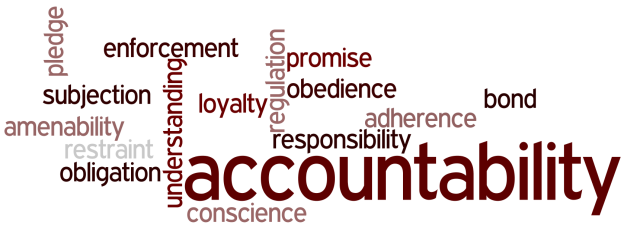- Previous govt. resisted its own commission
- Army blamed for withholding findings on C4 charge
- War Crimes Division proposed for High Court
Anyone refusing to cooperate with the proposed domestic accountability procedures and post-war reconciliation process would face the prospect of losing his or her civic rights according to the Report on the Second Mandate of the Presidential Commission on Inquiry Into Complaints of Abductions and Disappearances. Retired High Court judge Maxwell Paranagama headed the inquiry.
The commission appointed by the previous government has recommended a fine, withdrawal of civic rights as well as imprisonment or a combination of above mentioned penalties.
An International Legal Advisory Council (LAC) headed by Sir Desmond de Silva, QC has thrown its weight behind the recommendations made by the Commission. The LAC comprised Sir Geoffrey Nice, QC (UK), Professor David M. Crane (US) and several other foreign experts, including Maj. Gen. John Holmes, formerly the Commanding Officer of the elite Special Air Services (SAS) Regiment of the UK.
Former President Mahinda Rajapaksa appointed the LAC on July 15, 2014 consequent to a request made by
Noncompliance
Paranagama whose Commission came into being on Aug. 15, 2013.
President Maithripala Sirisena-Wickremesinghe government last week presented the Commission report in Parliament following a demand by a section of the SLFP (those who hadn’t accepted ministerial portfolios), the Mahajana Eksath Peramuna, the National Freedom Front as well as the Pivithuru Hela Urumaya for its release. A group of professionals as well as university, too, called for the immediate release of the report.
The Commission has proposed the setting up of a Truth and Reconciliation Commission (TRC) and a War Crimes Division of the Sri Lankan High Court to pursue investigations. However, the Commission has recommended that those summoned following judge-led investigations into alleged war time atrocities be given the opportunity to either appear before TRC or be tried in High Court.
In accordance with the Commission’s recommendations, the TRC will be empowered not only to grant an amnesty to anyone appearing choosing to come before it but also to prevent any future civil or criminal action against the person concerned. However, the TRC will have the power to deprive anyone of his or her civic rights and order reparations in spite of granting amnesty.
The government is in the process of closely examining the recommendations. Authoritative sources asserted that swift implementation of the Paranagama/Desmond de Silva report would be crucial to Sri Lanka’s defence. Anyone found guilty of the proposed judicial investigation mechanism had the right to move the Court of Appeal against the judgment.
The Commission has rapped the previous government for not responding quickly to its call for comprehensive independent, transparent and unbiased investigations into accusations directed at the military. According to the report, the Commission has requested the Presidential Secretariat on Aug. 21, 2014 for the appointment of a team. In spite of regular contacts, the Commission hadn’t been able to expedite the matter. The Commission has rejected the proposal made by the IGP on Oct 21, 2014, on behalf of the government to appoint a team of serving police officers attached to the Terrorist Investigation Department (TID) and the Criminal Investigation Department (CID). Paranagama has revealed that President Maithripala Sirisena facilitated the appointment of a team comprising personnel representing all communities led by a retired High Court judge when the matter was brought to his notice on April 10, 2015. The Presidential Secretariat confirmed the appointments on July 15, 2015.
The Commission has also called for the appointment of a special investigation team to inquire into Channel 4 News allegations pertaining to atrocities committed during the final phase of the Vanni offensive. The Commission has stressed the need to investigate what it called allegations of criminal conduct directed against the Army.
While blaming the Channel 4 News for declining to provide original firm footage of alleged crimes to facilitate government inquiry, the Commission alleged that the Army had failed to made available findings made by the Court of Inquiry (CoI) which investigated Channel 4 News allegations to the Commission. The Commission said that the situation remained the same even after the change of government in January this year.
The Commission has also blamed the Ministries of Defence and Justice under previous and present governments for not providing the names of those who had been in custody though situation changed recently.
By Shamindra Ferdinando
